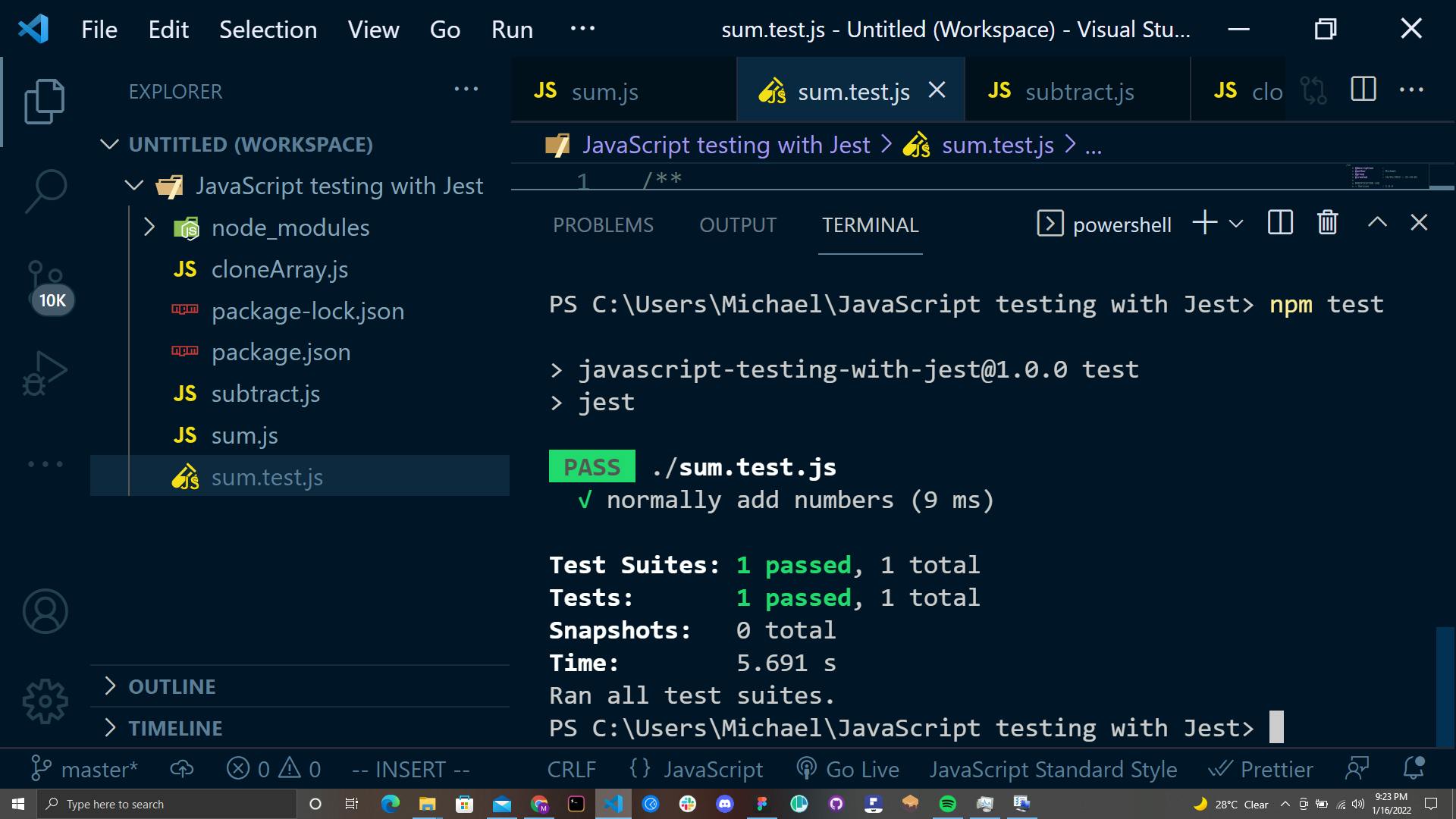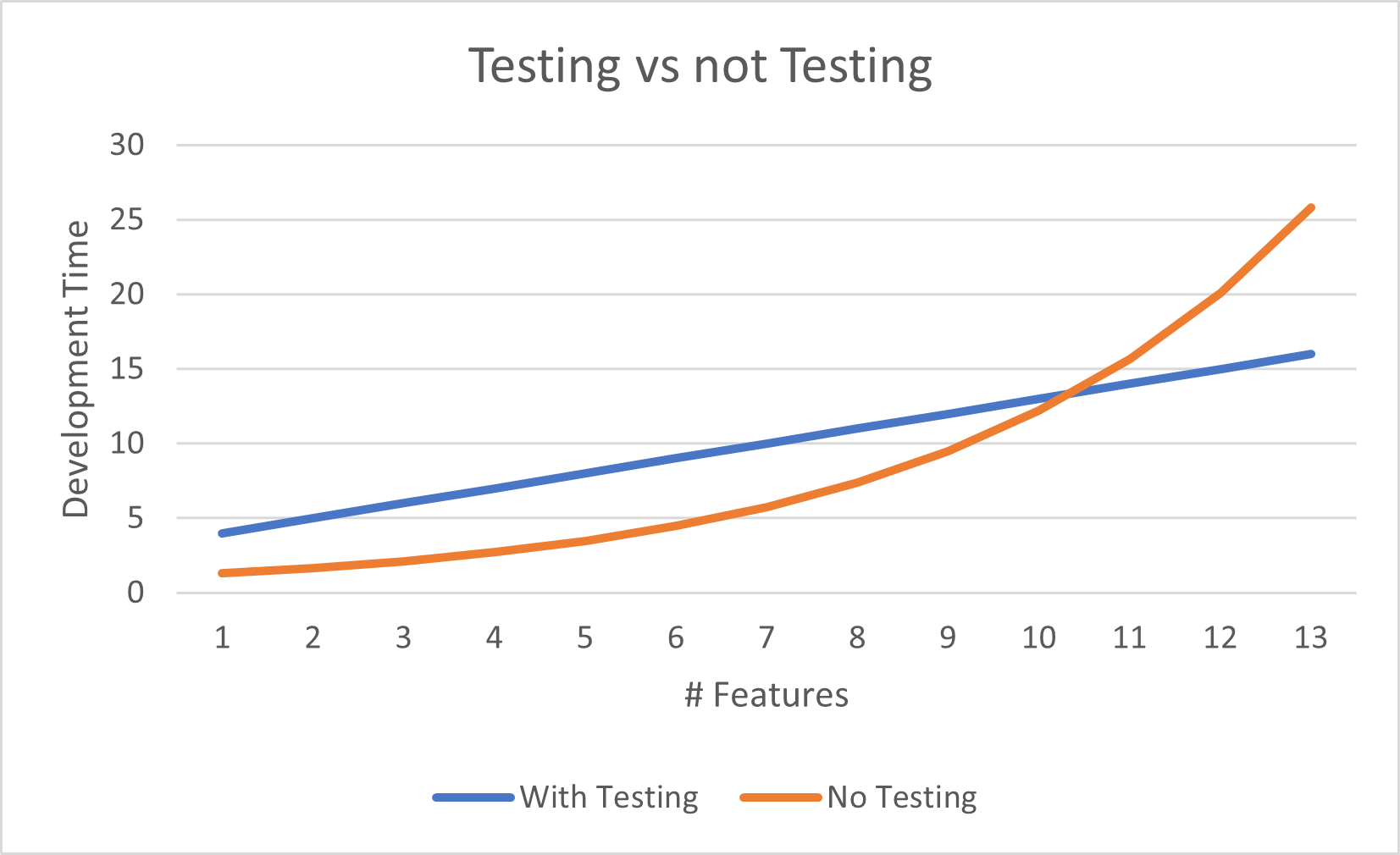Importance of Unit Testing In Software Development
The primary goal of a unit test is to ensure that your program's essential features are working properly. Here's why.
Concepts like "test-first" programming emerged in the late 1990s.
Kent Beck, the software engineer who is credited with rediscovering the technique, did not claim that Test-Driven Development (TDD) supports simple designs and inspires confidence until 2003.
TDD is a theory or technique in software development where unit tests are created (in anticipation) before the real code is developed.
There has been a drop in the use of TDD in recent years, as fewer developers are paying attention to the need for testing.
This unpopularity can be attributed to a variety of causes. According to my observations, there are few detailed tutorials on why and how to write tests in boot camps, online courses, tutorials, and other learning paths.
There is also the claim that writing successful tests is much more time-consuming than writing the implementation code.
As a general rule, most people are taught that testing is a one-way street.
Your testing methods will be determined by the software you're developing and the stack that you're utilizing.
White and black hat techniques, as well as frameworks like MobSF, are likely to be used by a developer focusing on mobile app security.
The number of external frameworks used by a front-end web developer determines how many integration tests will be conducted, in addition to unit tests.
API testing is a backend developer's meal of choice.
What follows is a discussion of unit testing in its entirety.
Unit testing fundamentals
In many ways, unit testing may be seen as the foundation of all other types of testing. Here, specific software modules or pieces are put through their paces. Sections of code are separated and thoroughly tested.
Individual functions, modules, or objects can be tested separately.
The first stages of an application include unit tests. To put it another way, the code is run against the desired output. The test is passed if it complies.
For example, if our code and the desired output are at odds, the function fails for that particular test.

The goal is to separate our code into functions, modules, etc., and see if it performs as expected.
This is the goal of TDD: to make software that is constantly changed and reevaluated, and unit testing is part of this process.
By TTD practice, developers begin by writing unit tests that fail. This process continues until the unit passes and performs as expected.
For what purposes should we create and maintain unit tests?
1. Easy debugging
Using the test, we can figure out what went wrong, where it happened, and what we can do about it if our application ever crashes.
When all the tests pass, it's easy to deduce that the fault isn't with the function for which we developed the tests.
Additionally, unit testing increases the code's quality. Its goal is to find all possible bugs before the code is put through further integration testing.
2. Smooth and Fast Testing Experience
Because of the modular nature of unit testing, parts of the tests can be written even if the entire application has not yet been set up or finished.
3. Refactors can be done easily and safely
Our tests will come to the rescue if there is a flaw and we accidentally add another semicolon to our expressions when our code is refactored.
It's safe to proceed with refactoring if there are unit tests in place.
There are certain drawbacks to unit testing.
1. Less extensive way of testing
Unit testing won't catch all the bugs in a program. In our program, it is nearly impossible to examine every single execution step.
2. More test code is written
Think about building unit tests for a large software system that has thousands of functions and modules to unit-test!
Running our unit tests becomes tiresome when the software is large. More tests are required when there is more code.
What happens if you don't run the unit tests?
The primary goal of a unit test is to ensure that your program's essential features are working properly. It's impossible to develop robust tests if you don't know what your code does.
You are more likely to miss out on the favorable repercussions outlined above if you don't write unit tests.
To write UTs effectively, one must know when and when not to do so.
It takes a long time to implement unit testing. Comparatively speaking, the development of applications without unit tests is faster.

A developer's comfort level should be high when it comes to the idea of eliminating tests for specific functions.
Resources to Get Started with Unit Testing
Conclusion
Unit testing and other types of testing might be difficult for a software engineer to master, but there are tools available to guide you through the process.
I'm grateful that you read this far. Thank you!

